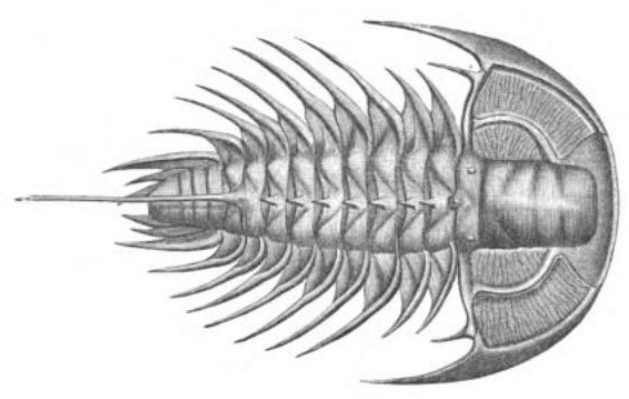The Evolution of Consciousness?

“… the laws of organic development have been occasionally used for a special end, just as man uses them for his special ends; and, I do not see that the law of “natural selection” can be said to be disproved, if it can be shown that man does not owe his entire physical and mental development to its unaided action, any more than it is disproved by the existence of the poodle or the pouter pigeon, the protection of which may have been equally beyond its undirected power.” – Alfred Russel Wallace
And what exactly is using the laws of organic development (i.e., Natural Selection) for its “special end”?
God.
Or, if not God, then some other guiding force in the universe. Thoughts like these that caused Charles Darwin to write to Wallace that –
“I hope that you have not murdered too completely your own and my child” – To A. R. Wallace, 27 March 1869
In Wallace’s opinion, he was doing no such thing. He was as ardent a proponent of evolution by natural selection as he had ever been. On top of that, his respect for Darwin was immense.
“In my forthcoming article in the “Quarterly”, I venture for the first time on some limitations to the power of natural selection. I am afraid that Huxley & perhaps yourself will think them weak & unphilosophical.” – A. R. Wallace, 24 March 1869
The thing is, Wallace couldn’t see how natural selection could account for human consciousness. Even now, as I write these words 150 years later, we are no close to understanding the nature of consciousness as we were when Renee Descartes wrestled with his own thoughts on the matter. “I think therefore I am”, Descartes concluded in 1637. He ultimately pointed to the pineal gland (a small endocrine gland in the brain) as the point where mind and matter meet. Perhaps it is – we simply do not know. Nor do we seem to be on the precipice of any “A-Ha” moment regarding its origin.
Being unable to comprehend how natural selection could account for the mind of man, Wallace used Darwin’s own analogy of artificial selection to support his view. If poodles could be produced by man’s manipulation of the laws involved, then so to could our minds be when it comes to evidence of an intelligent force behind its creation.
Darwin would argue, as have many others who’ve contemplated the origin of consciousness both before and after Wallace, the ultimate answer lies in the physical. The mind may be nothing more than the byproduct of chemical processes. “Where there’s fire, there’s smoke”, says the epiphenomenalist (a view I personally lean toward). Consciousness may be an illusion. Or, it may be an undiscovered property of the universe. We may be looking at it all wrong. The struggle to understand how mind and matter connect and interact could be a futile one. Especially if we consider this little tidbit from Wallace in 1870.
“There is no escape from this dilemma—either all matter is conscious, or consciousness is something distinct from matter, and in the latter case, its presence in material forms is a proof of the existence of conscious beings, outside of, and independent of, what we term matter. “
It’s the former case in his statement, which I find intriguing. That “all matter is conscious”. It foreshadows the pansychist’s view that consciousness isn’t the result of physical processes. Consciousness is an inherent property of all matter. Organize matter in just the right way, and the resulting combination may begin to contemplate its own organization.
It would be fantastic if one of the fathers of the theory of natural selection had also discovered, even tangentially, the proper theory of consciousness.
References:
- Flannery, Michael. “Alfred Russel Wallace’s Intelligent Evolution and Natural Theology.” MDPI, www.mdpi.com/2077-1444/11/6/316/htm#B42-religions-11-00316. Accessed 7 Sept. 2021.
- Flannery, Michael A. “Alfred Russel Wallace’s Intelligent Evolution and Natural Theology.” Religions, vol. 11, no. 6, 2020, p. 316. Crossref, doi:10.3390/rel11060316.
- Gross, Charles. “Alfred Russell Wallace and the Evolution of the Human Mind.” The Neuroscientist, vol. 16, no. 5, 2010, pp. 496–507. Crossref, doi:10.1177/1073858410377236.
- “The Limits of Natural Selection as Applied to Man | Inters.Org.” Inters.Org, inters.org/wallace-natural-selection. Accessed 7 Sept. 2021.
- Wallace, Alfred Russel. Contributions to the Theory of Natural Selection. 1st ed., CreateSpace Independent Publishing Platform, 2015.
